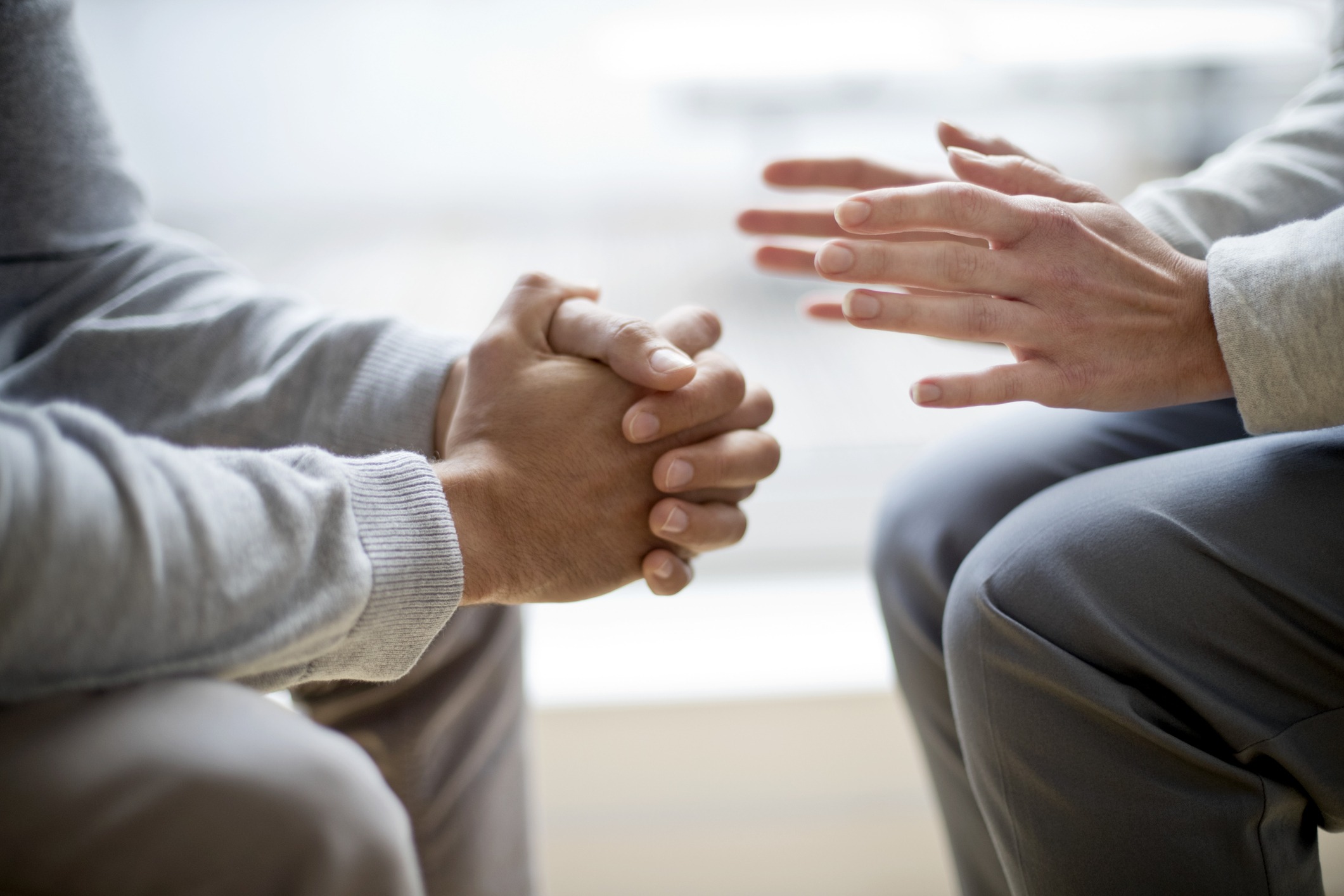Coronavirus Leaves Defense Attorneys Torn Between Visiting Their Jailed Clients And Spreading The Illness
To prevent more people from being infected with COVID-19, defense attorneys are calling for courts to release people.

Defense attorneys whose jobs require them to visit clients in jails and prisons are faced with a new dilemma as COVID-19 spreads and routine trips could now mean either transmitting the disease to an already vulnerable population or contracting it themselves.
“There’s a moral and ethical obligation to continue our advocacy with [our clients] and now that obligation seems to be in tension with our general obligation to stop the spread of this virus,” James Zeigler, a Washington D.C. attorney specializing in juvenile cases, told The Appeal. “I don’t know what the answer is.”
Zeigler, who does post-conviction work, said he is opting out of nonessential visits that he typically goes on every few weeks to build relationships with his clients. He acknowledges that this inhibits the quality of the service he’s able to provide, but said he worries he will unknowingly bring in the virus himself. For his clients who have upcoming hearings, visitation is vital for preparation and is the only option right now, he said.
“That’s my only way to easily and confidentially talk to my clients,” he said. “I don’t know what I’m supposed to be doing, and we aren’t given any options about how to have those client communications without directly visiting them face to face in the jail.”
COVID-19, which can be fatal in some cases, is spread through respiratory droplets and surfaces that people touch. Transmission of the disease in carceral settings could be disastrous, experts say, as people live in close quarters with unreliable access to healthcare and hygiene products such as soap and sanitizer.
On Friday, the federal Bureau of Prisons announced it will suspend all visits for 30 days, including legal visits. “Case by case accomodation will be accomplished at the local level and confidential legal calls will be allowed in order to ensure inmates maintain access to counsel,” read a post on the BOP website. The Texas Department of Criminal Justice, the agency that runs the state’s prisons, also cancelled all visits, including legal visits on Friday.
And although other facilities have banned visits from families and friends, they are still allowing visits by attorneys. This is the case in Mississippi, where all other visits are suspended as a “precautionary measure,” according to a press release from the state’s Department of Corrections. The same holds true in Ohio. Sheriffs are also following suit. A spokesperson for the Bergen County sheriff’s office in New Jersey told The Appeal that it is no longer allowing contact visits but “visitation is still permitted through glass partitions.”
Jon Rapping, the president of Gideon’s Promise, a public defender advocacy organization, agreed that COVID-19 has created a conflict for attorneys. He pointed out that these visits come with a new element of importance as attorneys attempt to make cases to have their clients released pretrial because of the virus. “At a time like this, people need access to counsel, to the courts, to outside information more than ever,” he told The Appeal.
To prevent more people from being infected, defense attorneys are calling for courts to release people pretrial. In San Francisco, District Attorney Chesa Boudin told his prosecutors to agree to release people facing misdemeanor charges or drug-related felony charges as long as the person is not considered a risk to public safety. In Indiana, advocates are demanding that Governor Eric Holcomb free aging and sick people in the state’s prisons.
In Ohio, officials delayed all federal criminal and civil cases in the Southern District of Ohio scheduled for jury trial for 30 days, but exceptions can be made case by case.
“I think this puts people who are locked up pretrial in an incredibly unfair and dangerous predicament,” Rapping said, “because imagine you’re locked up and now your lawyers get less access to you, which means you don’t have time to get prepared for the court date that’s upcoming and now you have to make the choice: Do I rush to court unprepared and risk that an injustice happens to me or agree to a continuance so I do have time to get prepared, knowing that I’m increasing the length of detention and risk of being harmed if there should be coronavirus outbreak in the jail. It’s an unfair dilemma for anyone to be put in.”
Nancy Palombi, a former defense investigator who worked on death penalty cases in Alabama, said the state’s prisons were plagued by disease long before the COVID-19 pandemic. In 2009, she was diagnosed with rheumatoid arthritis and prescribed medication that weakened her immune system, she told The Appeal. Within five to seven days of a prison visit, she said she came down with flulike illnesses, ultimately falling ill 10 times in one year. By 2013, she was forced to quit her job, which required she visit people on death row, meaning there was one less defense investigator working to help them.
“I caught anything and everything that was going on down there,” she said. “It could take a two-hour visit and I was sick as a dog.”
To avoid COVID-19 outbreaks in correctional institutions, Rapping said officials must release incarcerated people, especially those awaiting trial. “COVID-19 is really going to expose the extent to which we see people impacted by our pretrial justice system as valuable human beings or see them as lives that are expendable,” he said.
